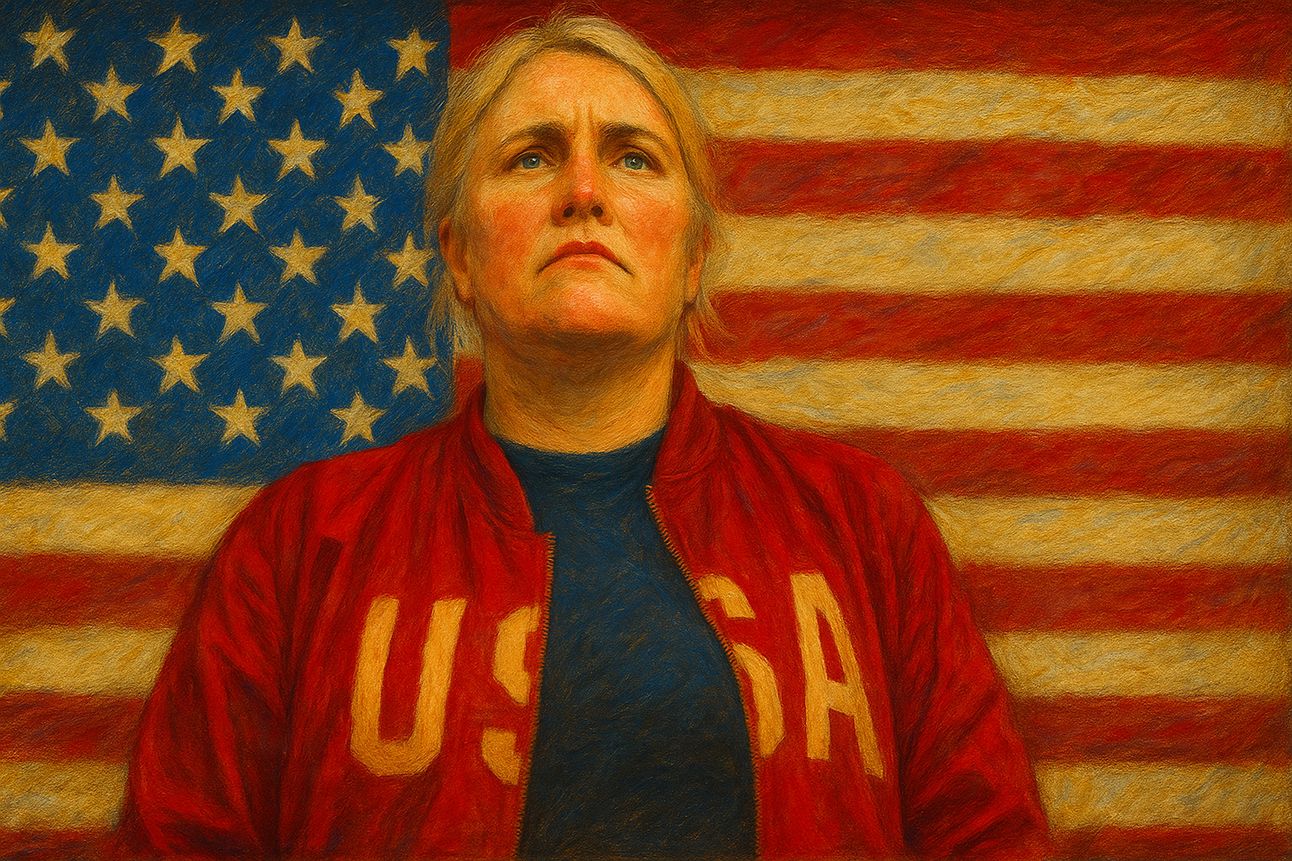- Coach Craft
- Posts
- Find Your Truth Tellers
Find Your Truth Tellers
Who Emma Hayes turns to when she needs help

“Truth tellers are the people I go to when I need some straight talking,” says USWNT head coach Emma Hayes.
This week, Hayes was awarded the inaugural Women's Johan Cruyff Trophy as the best coach in the women's game. After winning five straight Women’s Super League titles with Chelsea, Hayes took over a rebuilding US women’s team and guided them to Olympic gold in her first tournament in charge.
Coaches don’t come more decorated than Hayes, and yet, she still requires help to sort her thinking, make difficult decisions, and maintain her confidence.
I’ve found this approach to be remarkably consistent across elite head coaches. The ones at the top are the ones who realize how little they know; it’s the ones chasing who think they’ve got it all figured out.
In her autobiography, Hayes details the toll of being an elite leader and a truth teller’s role in helping you switch your mental state:
Do I ever suffer from self-doubt? Of course. I beat myself up. I wonder to myself: Am I done? Why did I get that wrong? Why wasn’t I quick enough to make that decision? What would I change? It’s cathartic yet soul-destroying. Your mind flies off in a million different directions. There are days of self-doubt, worry, anxiety, guilt, and lack of faith. And then suddenly, everything seems possible. You simply come out of it. A truth teller will help fast-track that switch.
In a chapter called Truth Tellers, Hayes points out that she relies on a second, third, fourth, and fifth set of eyes. Her ‘board of directors’ approach allows her to turn to different people when situations arise that might suit their expertise.
“It’s vital to have an external figure who advises you on dealing with dilemmas you can’t necessarily solve with your staff,” Hayes writes. “Say, for instance, a player is dating someone else on the team. I need neutrality, someone who can counsel me on the awkward conversation that veers between the personal and the professional.”
Hayes names breathing coach Michael McDermott, Sydney Roosters head coach Trent Robinson, behavior consultant Debbie Ramm-Harpley, and legendary soccer coaches Marcia McDermott, Vic Akers, and Chris Ramsey as those who help refine her craft and offer her objectivity.
Take Hayes’ relationship with McDermott, for instance, which spans decades. “I value people who understand me, warts and all,” Hayes writes. “She has hired me and fired me. She knows my flaws, but addresses them in the context of more than three decades as a coach and technical advisor herself.”
I’ve found this in my work as a second set of eyes as well. Head coaches are shocked when they bring me a scenario they’ve stuffed up, and my response is to shrug my shoulders and say, “yeah, that happens.”
Someone who hasn’t been in that situation will rush to advice, or build an unnecessary action plan. Someone who has coached has likely stuffed up that same scenario, and knows that often the best course of action is no action.
Knowing what to pay attention to, and what to disregard, is a sign of expertise. Knowing what to pay attention to is the difference between a good truth teller and a bad truth teller.
Cody’s Notes
Recently, Hayes spoke about taking her own coach with her to the Olympics, and the impact that it had on her ability to navigate the gold medal run: "I've never had my coach beside me through an entire tournament before. And as far as I'm concerned: what was I doing beforehand? That was the most important part for me because it was a safe space to go with my checks and balances, even it was just affirmation. I loved it, loved it, loved it. She definitely brought out the best parts in me and I — without question — will have a coach with me [from now on]. I think everyone should, to be frank."
Here’s my simple but dependable formula for finding a second set of eyes. I call it ‘The Eye Test’:
Experience as a leader. Don’t settle for people who’ve studied leadership but never led anything. “They are usually leaders in their own fields,” Hayes also concludes.
Deep orientation towards helping you explore the outer reaches of your potential, not become a mini version of them. “[Marcia] has a knack of getting to the heart of an issue and defining the help I need,” Hayes adds.
An unmistakable and unshakable trustworthiness. “Trent and I always gravitate towards each other in peer groups. These are our safe spaces, where our guards are down and secrets are shared,” Hayes writes.